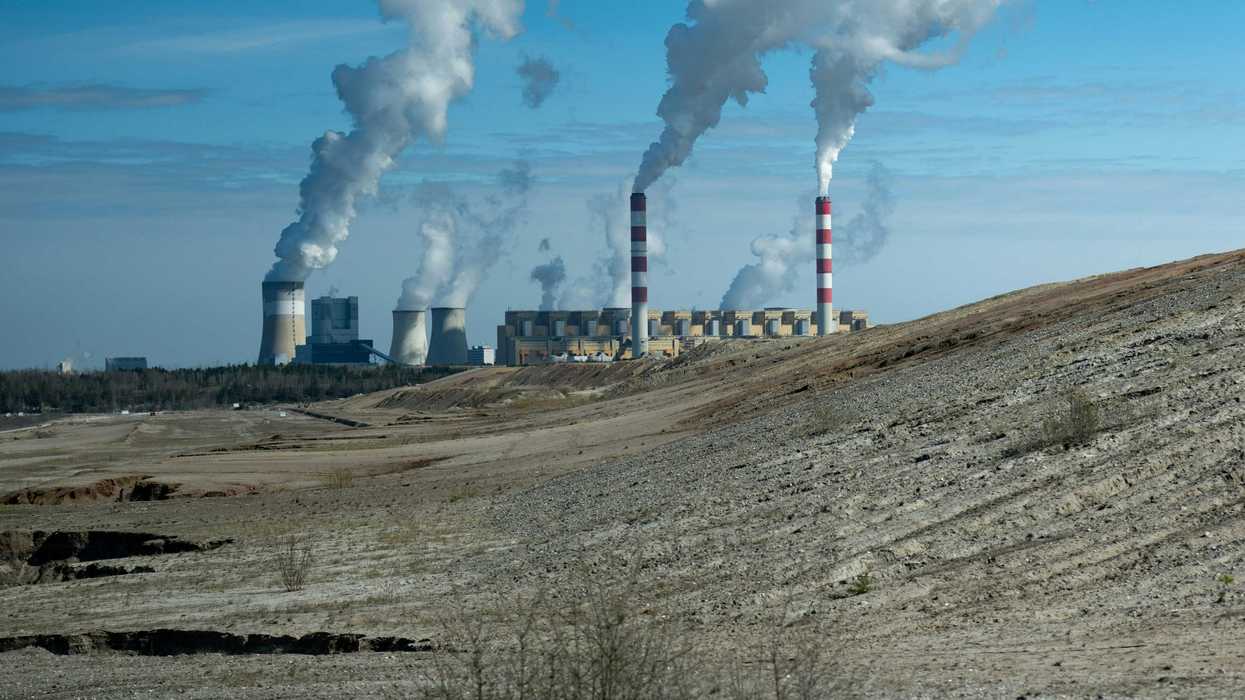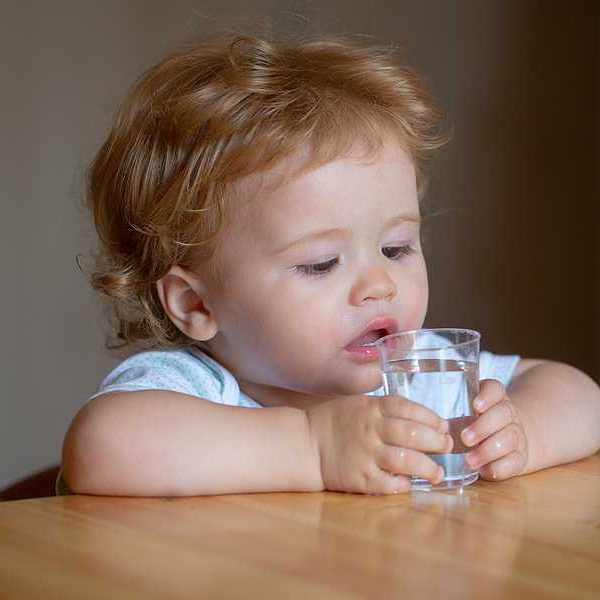Everyday levels of a pregnant woman’s exposure to mixtures of endocrine-disrupting chemicals like bisphenol A (BPA), phthalates, and per- and polyfluoroalkyl substances (PFAS), put their child at an increased risk of delayed language development, according to new research.
Because hormones regulate much of human development, endocrine-disrupting chemicals—which disrupt hormone activity—can create developmental problems. In the study, published today in Science, researchers determined that more than half of the pregnant women studied were exposed to endocrine-disrupting chemicals at a level that raises concerns about their child’s development.
“It’s very disconcerting,” Barbara Demeneix, a professor at the National Museum of Natural History in Paris and an author on the study, told EHN.
Widespread exposure
Demeneix and her collaborators used data from more than 2,000 pregnant women from Sweden to identify a mixture of endocrine-disrupting chemicals that was associated with a subsequent delay in the child’s language development. They then exposed tadpoles, zebrafish, and brain organoids—small brain “prototypes” made of human stem cells—to the same mixture of chemicals that had been measured in those mothers’ blood. In all three organisms, they saw similar results: a disruption of the regulation of genes responsible for language development in children.
They concluded that 54% of the women had enough exposure to put their child at risk of a developmental delay. While that doesn’t mean that 54% of babies born will develop more slowly, it does show that more than half the women in the study had concerning levels of endocrine-disrupting chemicals in their blood.
Mixtures of chemicals
The research, said Demeneix and Joëlle Rüegg, a professor of toxicology at Uppsala University and an author on the study, highlights the importance of studying mixtures of chemicals rather than individually, since that’s how exposure happens in everyday life. “When we do this mixture approach, it’s much more concerning than if we looked at single chemicals,” said Rüegg.
Because these chemicals are so widespread, and different countries regulate them differently, Demeneix and Rüegg said it would be difficult for a pregnant woman to limit her exposure meaningfully. Rather, they encourage more systemic action, including classification of chemicals. In some countries, endocrine-disrupting chemicals are tested and regulated individually, which makes it difficult for all PFAS, for example, to be banned or regulated.
Regulating endocrine-disrupting chemicals as classes, said Demeneix, would be a step in the right direction.
“It’s a personal choice to control your food, to control your environment,” Demeneix told EHN. “It’s a regulator’s problem, a policy-maker’s problem, to make sure we are all protected.”
Banner photo: Dakota Corbin/Unsplash
- The toxic chemical limbo game - EHN ›
- BPA Pollution: What you need to know - EHN ›
- Exposed: Federal gov'ts 'willful blindness' on BPA exposure - EHN ›
- BPA use in doubt as Europe seeks protective health limits - EHN ›
- “Green” children's products not always PFAS-free, warns new study - EHN ›
- Are we getting dumber? - EHN ›
- LISTEN: Max Aung on hidden toxic threats - EHN ›
- Organic diets reduce glyphosate exposure - EHN ›
- Black, Hispanic and poor children are more exposed to pollution that ends up harming their brains - EHN ›
- Understanding how the environment affects pregnant people’s health - EHN ›
- Wireless radiation levels in the home linked to neurodevelopmental delays in children - EHN ›
























